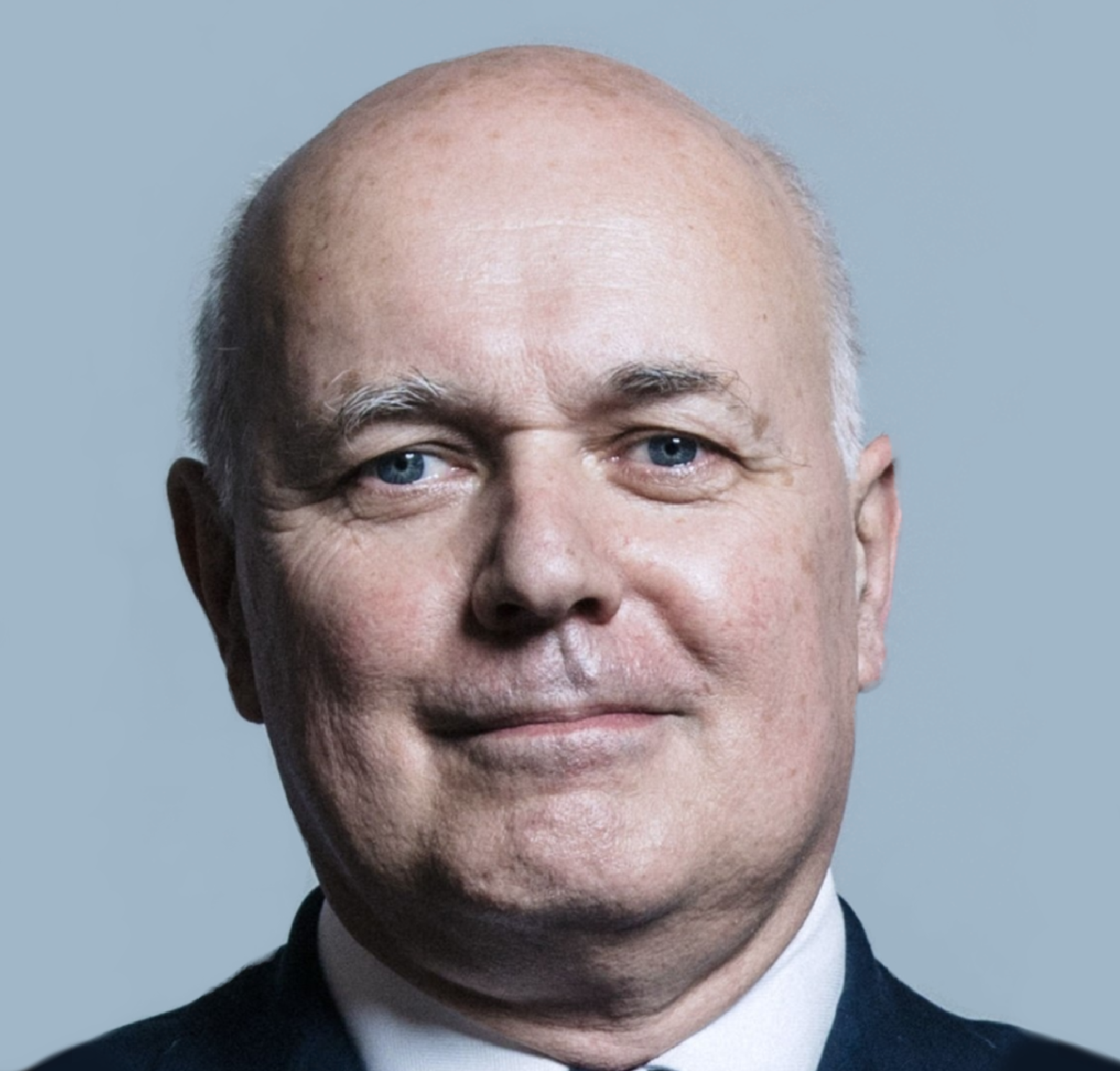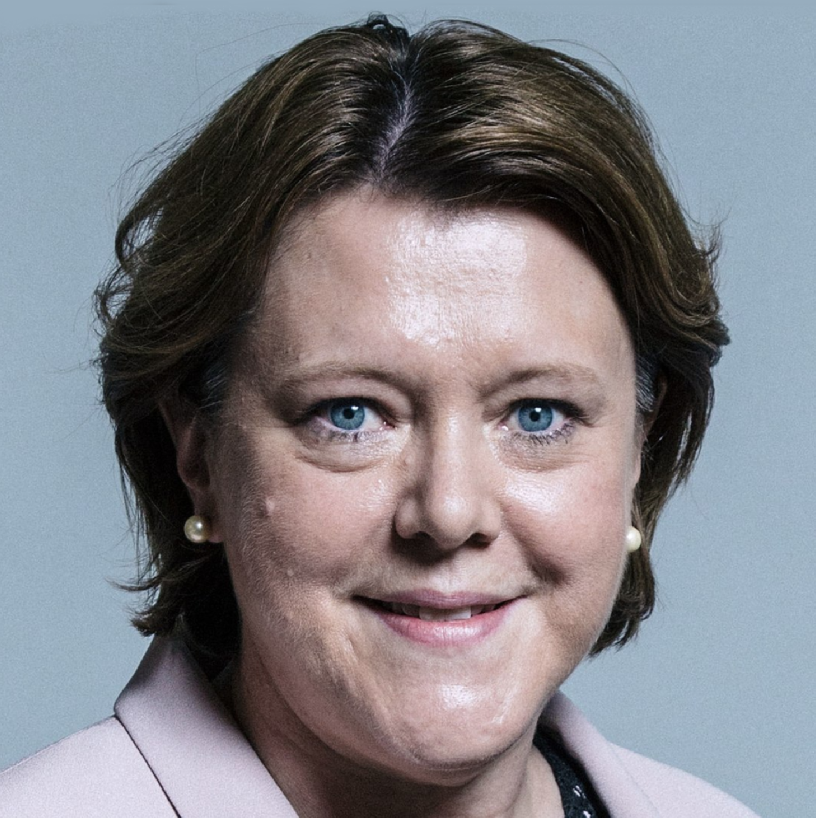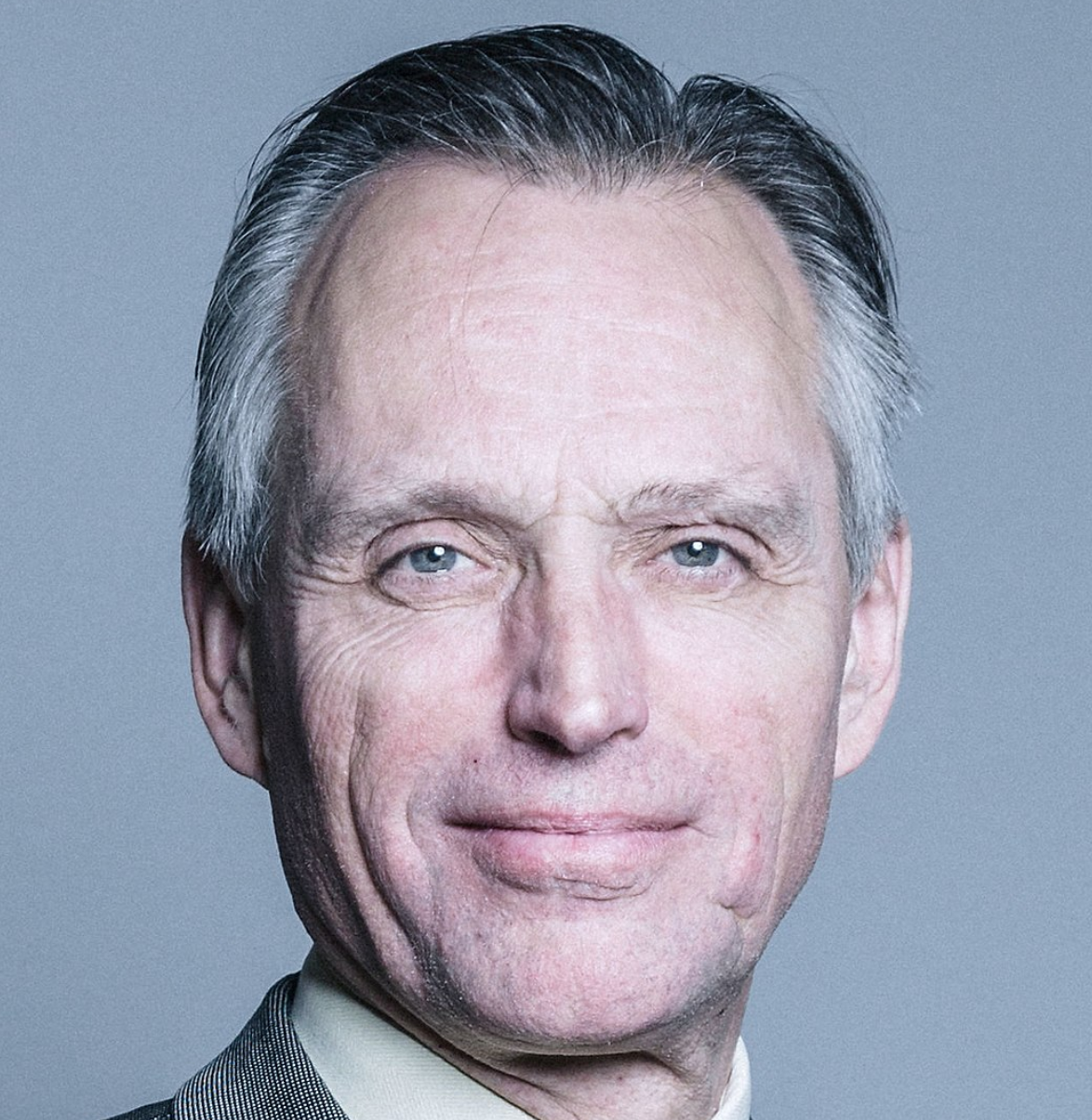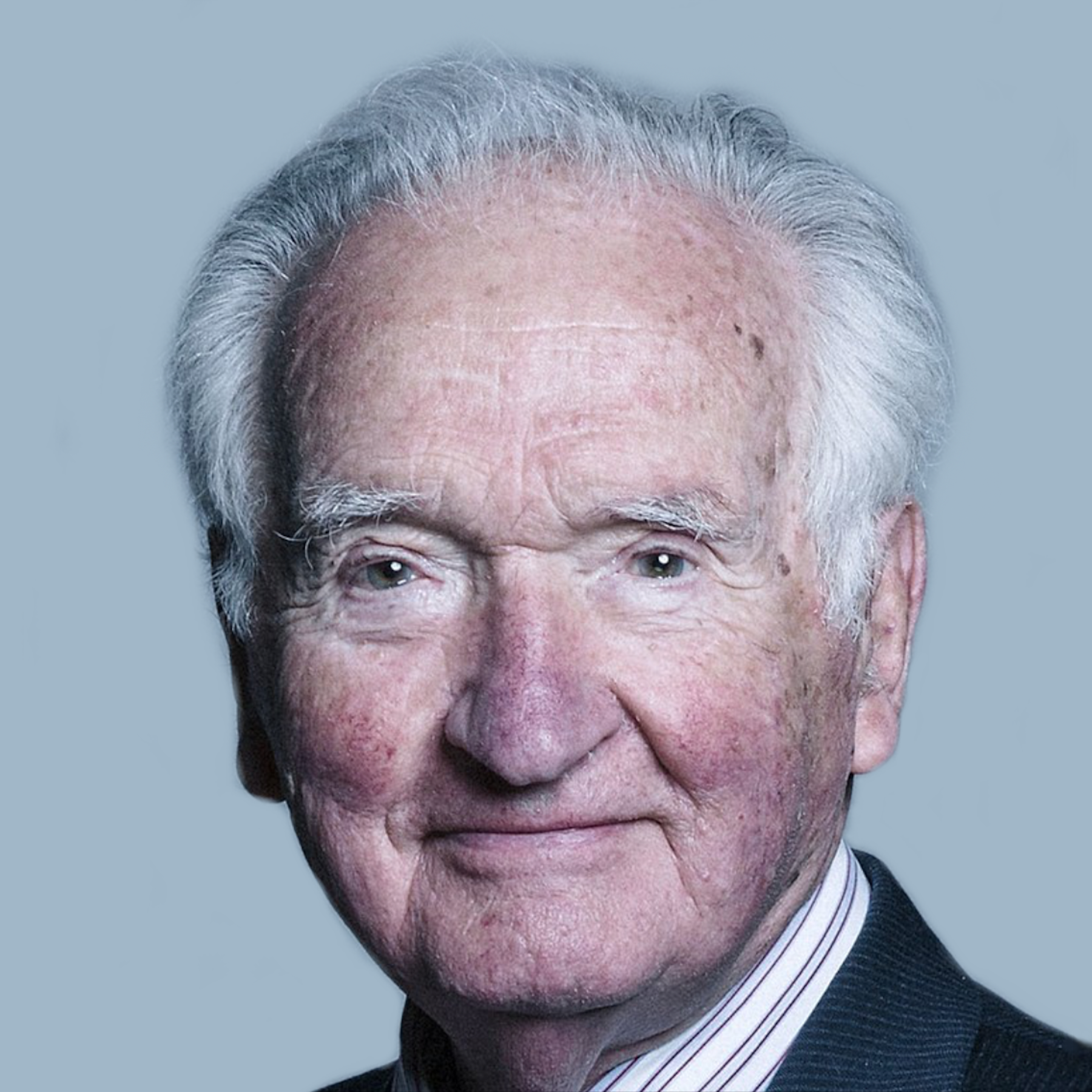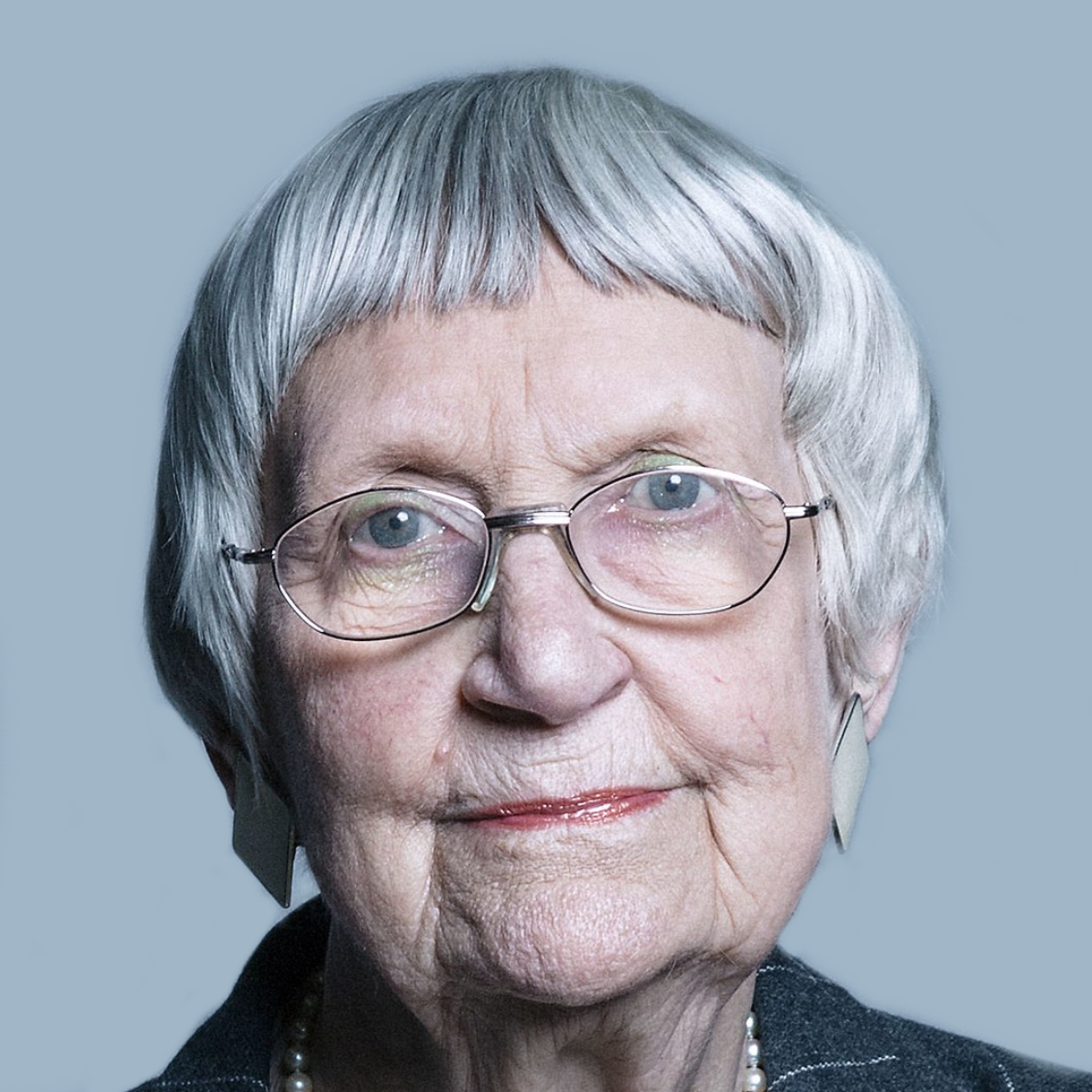CRUCIAL: This was a key lie used to justify closing the CSA and charging fees to use its replacement. And it was a complete lie.
Source of the lie: Christine Skinner, York University
Christine Skinner was Vice Chair of Trustees at One Parent Families before it changed its name to the Centre for Separated Families. She has worked closely with Karen Woodall since at least 1996.
She completed her PhD at York University in 1998 and has worked in child support policy at York University ever since.
She believes child maintenance should be “reciprocal” rather than compulsory and that fathers need to decide for themselves when is “the right time in their life” to pay.
She coached Maria Miller to misrepresent research in order to claim that more than half of CSA parents would prefer to make “family based arrangements” instead.
DWP Research Report 503
DWP Research Report 503
“Information and guidance may not be enough to support or persuade the CSA PWCs and those parents who have tried and failed to make private arrangements in the past, to make maintenance arrangements under the new system.”
page 209:
“In this research the response rate (for those potential respondents who were in scope) for CSA NRPs was 69 per cent, as compared with 84 per cent for CSA PWCs. Despite significant efforts, it proved very difficult to obtain robust information on non-CSA NRPs – over 14,000 names were issued for telephoning screening, generating an in- scope sample of just 220 individuals. The findings of this study suggest that both the NRP samples include proportionately more NRPs who are on good terms with their ex-partner, involved with their children’s lives and compliant with their child maintenance obligations.”
Pages 134-136 of DWP Research Report 503 reveal that the most popular source of advice about child support for fathers was the Citizens Advice Bureau while more mothers had received advice on child support from New Deal Lone Parent Advisers at the Job Centre. In the future, both mothers and fathers were most keen to seek advice from CABs.
48% of non-resident parents with CSA cases had sought advice on child maintenance from CABs, while 21% of parents with care with CSA cases had done so. Interestingly, this broke down into 12% of parents with care on benefit who had used the CAB for child support advice, and 30% of parents with care not on benefit.
59% of non-resident parents and 48% of parents with care with CSA cases said they would seek advice on child support from CABs in the future.
However, as early as January 2011, in the same month that the Green Paper on child maintenance reform was launched by Iain Duncan Smith, central Government cut funding for a 900 specialist CAB debt advisors nationwide.
On 24 March 2011, Alison Garnham of the Child Poverty Action Group told the Public Bill Committee:
“We are facing a perfect storm in the advice world at the moment. At one and the same time, we are seeing the abolition of legal aid, which at the moment contributes about one third of the funding of many citizens advice bureaux, because they have legal aid franchising contracts. Another one third of their funding is made up of funding from local authorities, and we understand from Citizens Advice that if the cuts in local authorities are passed on to citizens advice bureaux, that could reduce by as much as a half the service that they currently provide.”
And in September 2011 Citizens Advice warned that cuts in its funding were “leaving thousands with nowhere to turn for help”. Relationships and family came fourth out of its top five advice issues, and in the first quarter of 2011/2012 it advised 10% fewer people on this issue.
A parliamentary written answer in 2017 revealed that 19 per cent of CABs had closed since 2012.
So what does this tell us? Ministers used DWP Research Report 503 to (falsely) claim that more than half of parents were clamouring for the opportunity to make family based arrangements for child maintenance. The same report showed clearly that CABs would be the preferred venue to deliver impartial, face-to-face advice. 30% of mothers with CSA cases who were not on benefit had sought advice from the CAB, indicating that CAB was advising many mothers to apply to the CSA. And the last thing that Iain Duncan Smith, Maria Miller and Samantha Callan wanted was for mothers to receive genuinely impartial advice in their best interests resulting in more of them applying to the CSA. So they cut the funding!
And in 2017 the Department for Work and Pensions announced the planned sale of twenty percent of its offices.
Interestingly, Karen Woodall herself was well aware that fathers, in particular, favoured Citizens Advice. In 2004, as Karen Richardson, she authored a report for Oxfam, with special thanks to Nick Woodall, called “See Both Sides: A practical guide to gender analysis for quality service delivery”:
“Our gender analysis of the advice service showed that almost 100 per cent of use
over one calendar year was by women. And this was despite the fact that we knew that over 100 men had visited or telephoned the centre in the same year. We then applied the same analysis to our delivery of the service and found that it was entirely delivered by women. Looking outside the organisation, we compared the delivery of our advice service to others working with men and women in a more balanced delivery. One of the services that we looked at was the local Citizens Advice Bureau (CAB). It was apparent from looking at the numbers using the CAB that men did need an advice service. We therefore looked for the differences in the way that this service was being advertised and delivered.
The evidence was clear. Where men were using advice services it was because they were clearly aimed at men as well as women and were unambiguous about their intention. The CAB made direct attempts to find out where men might be likely to read leaflets or posters and the content was clearly designed with men in mind. Another big difference was that men were delivering the advice service. In this area the CAB had clearly managed to overcome something that we were still struggling with. The vast majority of people with the main care of their children are women and, over the years, this had lead to a feminisation of the organisation. Men were less likely to seek advice from us because they associated the organisation with women. More gender analysis of our organisation confirmed this and gave us even more evidence of the ways in which men were excluding themselves from the organisation.”
It is yet another example of Karen and Nick Woodall’s hubris that they believed they would offer superior advice and support to separated parents than Citizens Advice.
In 2001 the Department for Work and Pensions published Research Report 152, “National Survey of Child Support Agency Clients”, which found that “36 per cent of NRPs and 28 per cent of PWCs said that they found negotiation with their CSA partner over issues surrounding the children to be ‘very easy’ or ‘fairly easy’”, while “57 per cent of NRPs and 68 per cent of PWCs stated that they would not trust their former partner to keep to any agreement made.”
“A PWC who has a reasonable fear of harm or undue distress (either to herself or her children) as a result of the NRP’s likely conduct if the CSA intervened has ‘good cause’ for refusing to co-operate with the CSA. The way in which the sample was drawn meant that PWCs who had successfully argued ‘good cause’ were excluded from the sample.”
This shows that around a third of cases involved the kind of cooperative relationship which would enable a “family based arrangement” but around two thirds of mothers and more than half of fathers would not. This was in the days when single mothers were forced into the CSA whether they liked it or not. By 2011, three years after the benefit compulsion ended, that third of mothers would certainly have dwindled by a substantial amount. This also shows that Maria Miller’s claim that ““All our evidence suggests that 50% of people in the CSA system would rather not be there and would rather be working in the way I have described” was palpably false.
Child Support Agency report on handover to CMEC:
“Historically, the typical balance of the Agency’s caseload with a calculation has been approximately half private and half involving one or both parents being in receipt of benefit.”
In July 2007 the Public Accounts Committee published its report into reforming the Child Support Agency:
“The proposed new system places more emphasis on parents to establish private maintenance arrangements. In Australia, over half of cases are settled through private arrangements. Whilst being more in control of the process and outcome may encourage some non-resident parents to comply, there will still be those who are insensitive to their obligations to their children. Nonetheless, by encouraging naturally compliant parents to make their own arrangements—providing a calculation service where needed—the Agency will be able to dedicate more time to cases of non-compliance.” (Page 18)
“Around 70% of applications received by the Agency are from parents with care responsibilities claiming income related benefits. Existing rules require parents with care who claim income related benefits to apply for child maintenance through the Agency. In these cases, any money recovered from the non-resident parent is on behalf of the Secretary of State. This requirement is now being removed so that parents can make their own arrangements and the Agency does not risk over-ruling an already successful arrangement between the parents.” (Page 19)
Professor Patrick Parkinson of Sydney University is a conservative Christian academic who is close to CARE and the Centre for Social Justice. CARE’s Annual Report & Financial Statements for the year ended 31 March 2008 to Companies House state: “During January, a seminar in Westminster and other significant meetings on family law policy were held with Professor Patrick Parkinson from Australia. Research was produced showing the need of children for a father.” He was a consultant for the Centre for Social Justice’s 2009 Breakthrough Britain report, Every Family Matters. In 2011 he published “For Kids’ Sake: Repairing the Social Environment for Australian Children and Young People”. The report was commissioned by the Australian Christian Lobby and funded by the Vos Foundation, whose website says: “The Vos family is deeply committed to the Christian principles and values found in the Bible.” The foreword thanks Derek Rogusky of Focus on the Family (Canada) - to which Care for the Family is affiliated - and Samantha Callan.
In 2007 Patrick Parkinson wrote a paper, “Engineering the Child Support Scheme: An Australian Perspective on the British Government's Proposals”, in which he warned the Labour Government that its plans to promote private child maintenance arrangements were wrong-headed:
“There is a strong emphasis in the White Paper on encouraging private ordering and agreement between parents, using C-MEC only if the collection powers of a government agency prove necessary, or, for example, a parent with care needs the help of C-MEC to trace the other parent. This is a major rationale for abandoning the requirement that benefit recipients should go through the Agency.
However, the history of child maintenance payments in Britain and elsewhere suggests that this co-operative Nirvana will only be obtained by a minority of parents who are not living together. The White Paper reports that at the present time, 49 per cent of eligible parents with care have no child support arrangements in place. A recent study found that only 32 per cent of lone mothers actually received any child support. One risk of the reforms is that the percentage of those with no arrangements will increase. It may well be that for many parents with care, the effort of going through the new Commission and dealing with a liable parent who is hostile to paying child support will not be worth the reward, and these children will be supported entirely from the public system. Many such parents will be making a realistic cost-benefit analysis of the effort of trying to get blood from stones.”
Patrick Parkinson was heavily involved with the design of the much lauded Australian Child Support Agency and with the development of Australian Family Relationship Centres between 2006 and 2008. Samantha Callan and her colleagues hoped to develop a similar network of “family hubs” in Britain, and appear to have coached Karen and Nick Woodall to promote themselves to Minister Maria Miller as the natural leaders of such a network. This is perhaps the one area in which the fundamentalist Christians behind the child maintenance reforms were sincere - the Conservative MP Fiona Bruce, another key member of the British religious right, continues to push for them today - but Coalition Government cuts to local authority budgets have closed swathes of the Sure Start centres which they hoped would accommodate the centres.
In 2014 Patrick Parkinson was a speaker at the World Congress of Families in Sydney, where organiser Larry Jacobs claimed that ninety per cent of world poverty could be cured by marriage. Iain Duncan Smith was scheduled to appear alongside him as a headline speaker, but his invitation was formally withdrawn after he voted for same sex marriage, apparently not grasping that extreme homophobia, not just anti-feminism, is a key element in its defence of “the natural family”.
Given that Patrick Parkinson, therefore, can reasonably be described as having fundamentalist Christian values, it is extraordinary that even he believed that promoting family based arrangements over statutory child support was folly, and even more extraordinary that his friends, Iain Duncan Smith and Samantha Callan, went much further than the Labour Government. It proves that they knew their reforms would result in less child maintenance being paid. So if they knew this would be the outcome, when both friend and foe were telling them it would be, then it must have been the intention.
I think this is from the CMEC report, “Instigating Behaviour Change”
Page 6: “Conclusion: The study’s findings indicate considerable support among parents for the principle that parents should make private child maintenance relationships where possible and suggest that effective (and relatively intensive) information and guidance services could play a key role in facilitating this. However, it has also shown that more than two-thirds of the CSA’s existing clientele saw themselves as likely to use C-MEC5, with CSA PWCs expressing especially negative views in regard to the possibility of making private arrangements.”
Ministers consistently gave the firm impression that they were referring to people using the Child Support System contemporaneously, by using the present rather than past tense, and by the repeated use, particularly by Maria Miller, of the words “current” and “currently”. These two words were used at least twenty-three times:
Once by Iain Duncan Smith in 2011;
Fifteen times by Maria Miller - ten times in 2011 and five times in 2012;
Once by Lord De Mauley in 2012;
Four times by Steve Webb in 2013 and 2014.
But the research they referred to - DWP Research Report 503 - was carried out in 2007 and published in 2008. It related to conditions between four and seven years earlier, before - crucially - the Child Maintenance and Other Payments Act 2008 removed the compulsion on mothers receiving Income Support to apply to the Child Support Agency.
In July 2007 the Public Accounts Committee published its report into reforming the Child Support Agency, saying: “Both the original system and that introduced in 2003 did not provide for parents to come to their own private arrangements. Where parents have arrangements in place that are overturned through the Agency’s involvement, parents feel aggrieved, especially when their cases then experience problems and delay otherwise regular maintenance payments. The new proposed Child Maintenance and Enforcement Commission (C-MEC) intends to provide parents with the opportunity to come to their own private arrangements.” (Page 14)
In December 2009 the National Audit Office published a Memorandum for the House of Commons Work and Pensions Committee: Performance of the Child Maintenance and Enforcement Commission:
“The end of the compulsion for all parents with care claiming benefits to seek child maintenance through the CSA and the introduction of the Child Maintenance Options service have led to a dramatic reduction in the number of new applications to the CSA. In March 2009, the CSA received 8,200 applications, a 76 per cent reduction from the 34,700 applications received in March 2006.”
The problem that Ministers claimed in 2011 they wanted to tackle had, in fact, been solved two years earlier.
In January 2011 Iain Duncan Smith presented to Parliament his green paper on child maintenance reform, “Strengthening Families, Promoting Parental Responsibility: the future of child maintenance”:
“…a majority of CSA parents with care and CSA non- resident parents (51 per cent and 74 per cent) felt they would be likely or very likely to make a family-based arrangement with the other parent were they to receive help from a trained impartial adviser. This all suggests that a significant proportion of current CSA clients could potentially reach effective family-based arrangements.”
On 13 January 2011 Maria Miller told BBC Breakfast television:
“Many parents, we know, want to come to their own solutions, we believe that around half of people who are currently using the statutory system, with the right support, could actually come to their own arrangements… All the research we do says the majority of people currently using the system would want to come to their own arrangements if they had the right support in place.”
On 13 January 2011 Maria Miller told the Today programme on BBC Radio 4:
“All the research we do says the majority of people currently using the system would want to come to their own arrangements if they had the right support in place.”
On 14 February 2011 Maria Miller told Bridget Phillipson MP:
“Research suggests that around half of the parents who use the Child Support Agency would be likely to make a family-based arrangement if they had the right support. The Government aim to do this by providing more integrated support to encourage people to make family-based arrangements, which are more flexible and collaborative and are better for children.”
On 2 March 2011 Maria Miller answered questions on the Family Lives website:
“More than half of the people who currently use the CSA feel they are likely to be able to make their own arrangements given the right support.”
“More than half of CSA parents with care and almost three quarters of CSA non-resident parents have said they would be likely to make a family-based arrangement were they to receive the right kind of help.”
On 7 March 2011 Maria Miller and Janet Allbeson, Senior Policy Adviser at Gingerbread, were interviewed by Jane Garvey on Woman’s Hour on Radio 4. The interview begins at 24:35, and Maria Miller made the following claims are at 29:30 and 30:44:
“We know that half of the people currently using the CSA don’t really want to be there, they’d prefer to be out making their own arrangements, and the tragedy is that a third of non resident parents, often dads, lose contact with their children, and we know that having effective financial arrangements in place can make all the difference between parents staying in contact and losing contact, if they have financial arrangements in place they stay in contact and that’s good for the children…”
“We know that more than three quarters of non resident parents, often dads, would like to come to their own arrangements, but they don’t feel the support is in place at the moment.”
On 23 March 2011 Maria Miller was a special guest in an interactive discussion on the Netmums website:
“More than half of the people who currently use the CSA feel that they could make their own arrangements given the right support… Research suggests that around half of the parents who use the Child Support Agency would be likely to make a family-based arrangement if they had the right support.”
On 24 March 2011 Maria Miller gave evidence to the Public Bill Committee, which was scrutinizing the Welfare Reform Bill:
“It is easy to paint a picture that parents, especially fathers, do not want to take responsibility, but we know that more than half the people using the current statutory system would like to make their own financial arrangements, but do not think they can at the moment. Could the panel members give us one example of where we could improve the current system so that those people who would like to stay outside the statutory system can?”
On 1 April 2011 Maria Miller wrote in the Law Society Gazette:
“When surveyed, around half of parents-with-care and a majority of non-resident parents using the Child Support Agency felt they would make a family-based arrangement with the right amount of support and advice.”
On 16 May 2011 Caroline Bryson of NatCen social research institute gave oral evidence to the Work and Pensions Committee. She cited DWP Research Report 503:
“Probably the main source of evidence is a survey that was carried out in 2007, so it is actually preceding some of the most recent changes…
In this survey we carried out of about 2,000 parents we asked them how confident they would be if they were setting up a private arrangement. We put it in the context of with guidance and support from a Government service, and again we found that most parents with care and about half of non-resident parents were very concerned in that they said they were not confident in being able to set up those kinds of arrangements and make them work.”
Note: Caroline Bryson is sitting beside Nick Woodall of the Centre for Separated Families in the video.
On 15 June 2011 Maria Miller gave evidence to the Work and Pensions Committee. She insisted, repeatedly, that more than half of parents currently using the CSA wanted help to make their own arrangements. When asked for the source of the data, she had conveniently omitted to bring DWP Research Report 503 with her, so that her claims could be verified.
On 3 July 2011 the Work and Pensions Committee’s report into the proposed child maintenance reforms said (page 11-12):
“In 2007, our predecessors considered proposed reforms aimed at encouraging separating parents to reach family-based arrangements. Their report highlighted research by the National Centre for Social Research, which found that only 4% of parents with care would be likely to move from the statutory CSA service to private arrangements.
Research conducted by Nick Wikeley and others for DWP found that large numbers of separating parents wanted to involve a third party such as a Government agency in the organisation of their maintenance: 54% of parents with care using the Child Support Agency, and 25% of parents with care who did not use the CSA, wanted to agree maintenance with the help of a Government agency.
The Minister offered alternative research, conducted for DWP, which showed that 50% of parents with care and a majority of non-resident parents using the CSA said they would be likely to make a family-based arrangement if they had the help of a trained impartial adviser.”
On 12 July 2011 the Secretary of State for Work and Pensions, Iain Duncan Smith, presented to Parliament the “Government’s response to the consultation on Strengthening families, promoting parental responsibility: the future of child maintenance”.
The Executive Summary stated on page 4:
“We know that more than three million children live in separated families, but only around 50 per cent of them receive child maintenance. We also know that around half of CSA parents with care and a majority of non- resident parents surveyed felt that they would make a family-based arrangement if they had the right support.”
At the end of the report on page 31 the same claim was made:
“In a recent survey, just over half of CSA parents with care said that with help from a trained impartial adviser, they could make their own family-based arrangement.”
Source: Wikeley, N., Ireland, E., Bryson, C. and Smith, R. (2008). Relationship separation and child support study. DWP Research Report 503.
On 12 July 2011 the Department for Work and Pensions and Maria Miller issued a press release claiming:
“Our research shows that over half of parents using the CSA would be likely to come to their own family-based arrangements with the right support.”
On 13 October 2011 the Department for Work and Pensions and Maria Miller issued a press release claiming:
“Parents will be supported and helped to make their own, family-based child maintenance arrangements, which, research shows, more than half of parents who currently use the statutory system would prefer.”
On 28 November 2011 in the House of Lords, Lord De Mauley said:
“Evidence from the Relationship Separation and Child Support Study in 2008 showed that more than half of CSA parents with care and nearly three-quarters of non-resident parents felt that they would be likely or very likely to make a family-based arrangement with help from a trained impartial adviser. So the central thrust of what we are trying to do is to establish a new system for reaching voluntary agreements. That system will work by providing parents with more information and support about how to establish an effective maintenance arrangement than they have had before.”
“Research tells us that 51 per cent of CSA parents with care feel that they would be likely or very likely to make a family-based arrangement were they to receive the right help and support.”
“Research shows that more than half of parents with care in the Child Support Agency say that it is likely that they could make a collaborative arrangement with the right advice and support.”
On 20 December 2011 in a House of Commons debate on Child Maintenance Payments, Maria Miller told MPs:
“…more than half the parents within the child maintenance system feel that they could make their own financial arrangements with the right support…”
“As I say, more than 50% of people with arrangements within the CSA feel that they could make their own arrangements with the right support, and that is very much at the heart of the approach that we are taking with the new scheme that we will put in place in 2012.”
On 22 December 2011 the Government responded to the Work and Pensions Committee:
“We also know that around half of CSA parents with care and a majority of non-resident parents surveyed felt that they would make a family-based arrangement if they had the right support.”
Over half of CSA parents with care said that with help from a trained impartial adviser, they could make their own family-based arrangement…”
“The report mentions conflicting evidence on the efficacy of family-based arrangements, referring to evidence from the National Centre for Social Research which suggested that only 4% of people in the statutory scheme would make private arrangements. However the figure cited by the Committee in fact relates to the number of parents with care who would move to Maintenance Direct. Over half of CSA parents with care said that with help from a trained impartial adviser, they could make their own family-based arrangement.”
“The Department’s research (Department for Work and Pensions Relationship and Child Support Study 2008) indicates that the majority of parents who have separated are also able to work together.”
“More than half of parents with care using the CSA and nearly three-quarters of non-resident parents using the CSA felt that they would be likely or very likely to make a family-based arrangement were they to receive help from a trained or impartial adviser.
This suggests that a significant proportion of current CSA clients could reach effective family-based arrangements with some support and the right incentives.”
In 2012 The Innovation Fund: Support for Separated Families specification for grant funding to voluntary sector organisations was published, claiming:
“A survey with CSA clients established that around half of CSA parents with care and a majority of non-resident parents surveyed felt that they could make a family-based arrangement if they had the right support.”
“The Relationship Separation and Child Support Study, 2008 found that more than half of CSA PWCs and nearly three-quarters of CSA NRPs felt they would be likely or very likely to make a family based arrangement were they to receive help from a trained impartial adviser.”
On 22 January 2012 the Express newspaper reported that:
“Research by the department revealed 75 per cent of fathers and 51 per cent of mothers would make their own arrangements for child support with the right guidance.”
On 25 January 2012 Maria Miller wrote on Conservative Home website:
“What we do know is that with the right help around half of mothers and fathers currently using the CSA would prefer to work together to agree their own financial arrangements.
On 25 January 2012 in the House of Lords, Lord De Mauley lied to Peers:
“Our reforms also reflect the fact that over 50 per cent of parents using the CSA told us that, with the right support, they were likely to be able to make a collaborative agreement.
And groups working with parents also tell us this. Karen Woodall, director of the Centre for Separated Families, has said that, “the campaign around the proposed changes to the child maintenance system has been largely based on outdated stereotypes around parental behaviour. By offering support to both parents and to the wider family, we believe that the changes will bring about much better outcomes for children.”
“With such high numbers of parents who use the CSA saying that it is likely they could collaborate, an affordable financial incentive for both parents is a necessity.”
“Without a financial incentive in the form of an application charge, we risk recreating the CSA caseload we currently have, with parents using it despite ultimately telling us they could collaborate. The evidence is clear that we have a system at the moment where 50 per cent of parents using the CSA believe they could make a collaborative arrangement with the right support.”
On 29 January 2012 Iain Duncan Smith was interviewed on BBC1 by Andrew Marr:
“We know, for example, that 50 per cent of those who are going into the system have said to us that had they thought again, they would have actually done it outside because they would have made a much better compromised arrangement.”
On 1 February 2012 Maria Miller spoke in the House of Commons, repeating the claim on four occasions:
“More than half of parents within the CMEC system would like to make their own arrangements - they positively want to do that - if they had the right support in place.”
“More than half the people currently inside the system would like to make their own arrangements.”
“Half the parents using the Child Support Agency tell us they would like to make their own arrangements, with the right support, which clearly demonstrates that the CSA has come to be seen as the default option.”
Labour MP Frank Roy challenged Maria Miller: “The Minister has just praised Gingerbread. Does she agree with what Gingerbread has said—that 72% of single parents would not be able to come to an agreement and that 50% of those parents would not be able to afford the application fees?”
Maria Miller brushed this aside with a platitude about working together with Gingerbread for the benefit of families, despite the fact that the quote from Gingerbread referred to exactly the same research - and that Gingerbread had reported the research truthfully while she was misrepresenting it.
Labour MP Sheila Gilmore asked: “What I don’t entirely understand is - if, as the Minister has said, many people are reluctant to pay, how charging the applicant—the parent with care—is going to make the other parent more likely to pay?”
Maria Miller lied that support to make private arrangements would be provided and that:
“All our evidence suggests that 50% of people in the CSA system would rather not be there and would rather be working in the way I have described.”
On 23 April 2012 the Department for Work and Pensions and Maria Miller issued a press release claiming:
“Parents will be supported and helped to make their own, family-based child maintenance arrangements, which we know more than half of parents who currently use the statutory service would prefer.”
On 25 April 2012 Maria Miller told the Work and Pensions Committee:
“We know that half of the people currently using the service would rather make their own arrangements and in taking that approach we can leave the statutory system for those that really do face problems coming to those conclusions themselves.”
On 25 June 2012 the Department for Work and Pensions and Maria Miller issued a press release: Minister unveils Innovation Fund to pioneer new support services for separating parents:
“Department for Work and Pensions research has suggested that the majority of separated parents currently using the CSA believe they would be likely to make their own maintenance arrangements with the right help and support.
The 2008 DWP Relationship Separation and Child Support study reported that a majority of CSA parents with care and CSA non-resident parents (51 per cent and 74 per cent) felt they would be likely or very likely to make a family-based arrangement with the other parent were they to receive help from a trained impartial adviser.”
In July 2012 Iain Duncan Smith presented to Parliament “Supporting separated families; securing children’s futures”. In her ministerial foreword, Maria Miller wrote:
“Our research shows that just over half of Child Support Agency (CSA) parents with care surveyed said that with help from a trained impartial adviser, they could make their own family-based arrangement.” The reference given was DWP Research Report 503.
Page 5 said: “Analysis of the CSA caseload suggests that a large number of the current 1.1 million CSA cases could potentially consider a family-based arrangement. We know that around 20 per cent of clients on the 2003 scheme, who have been positively assessed and are being asked by the CSA for payments, do so by maintenance direct. Around a further ten per cent are regularly fully compliant with their payments, without deductions being made from their earnings or benefits separately. Furthermore, 50 per cent of clients say they would work together if supported.” Again, the reference given was DWP Research Report 503.
So, when we discount the lie that “50 per cent of clients say they would work together if supported”, we find that 70% of the 1.1 million CSA cases open in 2012 involved fathers who refused to pay child maintenance unless deductions from earnings orders were in place.
On 11 July 2012 in a House of Commons debate on the Child Support Agency, Conservative MP for Loughborough (where Samantha Callan lives), Nicky Morgan said:
“More than 50% of parents who use the CSA say that they could make their own arrangements if only they had the right help and support.”
And right before they were ushered out of the room to make way for the next debate, Maria Miller managed to get in her most important point: “As right honourable Members have said, more than half the parents who use the current system say they would like to make their own arrangements if they had the right support to do so.”
On 15 October 2012 Lord Freud in a House of Lords debate on the Child Support Maintenance Calculation Regulations 2012 lied: “Our surveys tell us that half the parents in the existing child maintenance statutory schemes administered by the Child Support Agency would be likely to make their own arrangements with the right help and support.”
On 31 March 2013 DWP published an Impact Assessment for the Child Support Fees Regulations 2014:
“A majority of CSA parents with care and non-resident parents (51% and 74%) said they would be likely or very likely to make family-based arrangements if they were to receive help from a trained impartial advisor.
Source: Relationship Separation and Child Support Study, 2008. DWP Research Report No 503.”
On 26 July 2013 the Independent Online reported an interview with Steve Webb:
“At present, just over half of the country’s 2.5 million separated families have their own arrangements in place. But research from the Department for Work and Pensions (DWP), the Government department in charge, suggests well over 500,000 other couples would like to follow suit. These couples also believe they could do it themselves if they had some help and support. If this research is correct, about three-quarters of separated couples could end up with their own arrangements, rather than relying on the state to browbeat them into compliance.”
On 25 November 2013 the Department for Work and Pensions issued a press release stating:
“Over half of parents in the current CSA have said they could come to their own arrangements if they had the help and support to do so.”
On 27 November 2013 Steve Webb gave oral evidence in the House of Commons to the Work and Pensions Committee in a session called Progress with child maintenance reforms HC 797:
“Our research shows that half a million families currently using the Child Support Agency have told us that with the right help and support, they probably could have sorted or could sort things out for themselves.”
“We know that over half of the more than one million families currently in the system have said to us,
“To be honest, we don’t really need to be in this system. With a bit of help and support, we could have sorted this out for ourselves.”
On 4 February 2014 Lord Freud, introducing the Child Support Fees Regulations to the House of Lords, falsely claimed that:
“Evidence shows that more than half of parents with care using the Child Support Agency could reach their own family-based arrangements with the right support.
Lords Mackay and Kirkwood and Baronesses Howe and Sherlock voiced their continued worries that charging would reduce the number of children receiving child maintenance. The full session can be viewed here.
But Lord Freud rebuffed their arguments, repeating his false claim that:
“Our research shows that over half of parents could come to a private arrangement if given support, and the fees regulations provide a nudge towards making this step.”
On 21 May 2014 Steve Webb told John Humphrys on Radio 4’s Today programme: “So the goal here is to get more child maintenance for more children, and to make the default for parents, even though they’ve separated, sort things out for themselves rather than using a sort of state bureaucracy. And what we’ve found, when we’ve sampled the people in the current system, is, over half of them have said, actually, with a bit of help, with a bit of support, we could probably have sorted things out for ourselves.”
This was reported in The Guardian and The Telegraph newspapers.
On 26 May 2014 Steve Webb MP wrote a riposte to The Guardian:
“Large numbers of families currently using the Child Support Agency have told us that with the right help and support they could probably sort things out for themselves, without needing a Government agency to take money from one parent and give it to another.”
On 30 June 2014 Steve Webb MP issued a press release:
“Government research has shown that around half of receiving parents in the CSA could make family based arrangements with the right level of support.”
On 2 July 2014 Steve Webb MP was interviewed by Peter White on BBC Radio 4’s You and Yours programme:
“So we have over a million families using the Child Support Agency, it’s become a byword for inefficiency, and it’s also involved in lots of families who tell us that, actually, with a bit of help and support, they could sort things out for themselves…”
On 18 December 2014 a press release published by the Coalition Government claimed:
“Some will decide the new Child Maintenance Service is for them but the government’s own research has shown that around half of receiving parents in the CSA could make family based arrangements with the right level of support.”
In August 2017 Work and Pensions Secretary David Gauke presented to Parliament his 30 Month Review of Charging for use of the Child Maintenance Service. The very first sentence of his Ministerial Foreword demonstrates the central importance of the lie that more than half of parents wanted to make “family based arrangements”.
“The Child Maintenance Service was set up in 2012 with a very different focus to earlier schemes of child maintenance. It recognised that many parents are able, and many prefer, to set up their own family based arrangements, rather than to use a statutory scheme.”
In March 2017 the National Audit Office reported:
“The Department’s own research shows that three months after case closure around half of parents have no arrangement in place, compared with the 16% it originally expected.”







